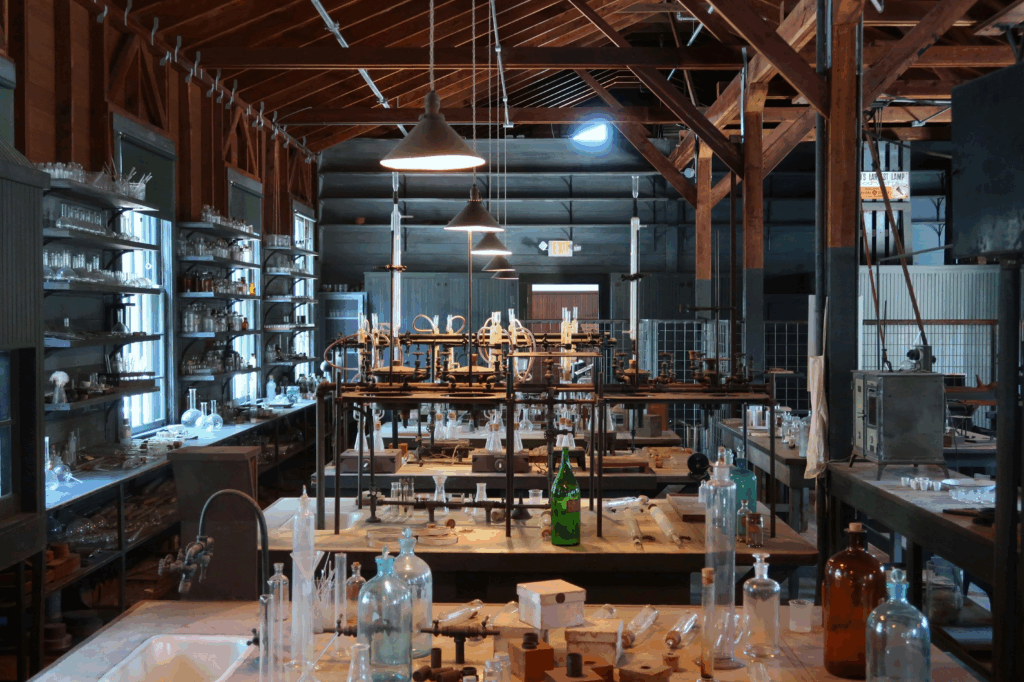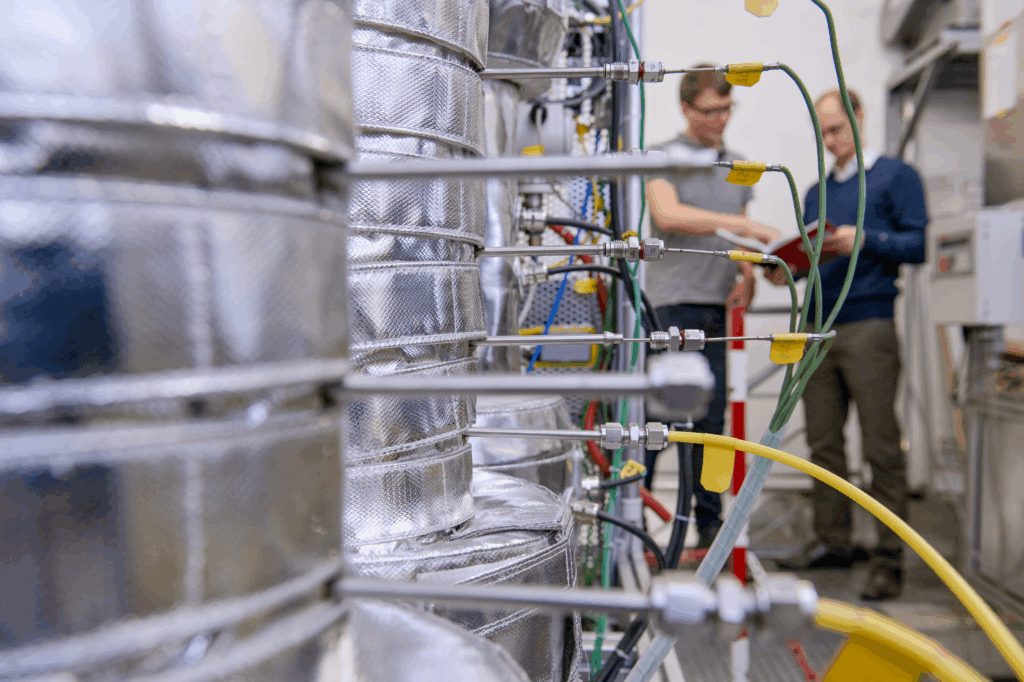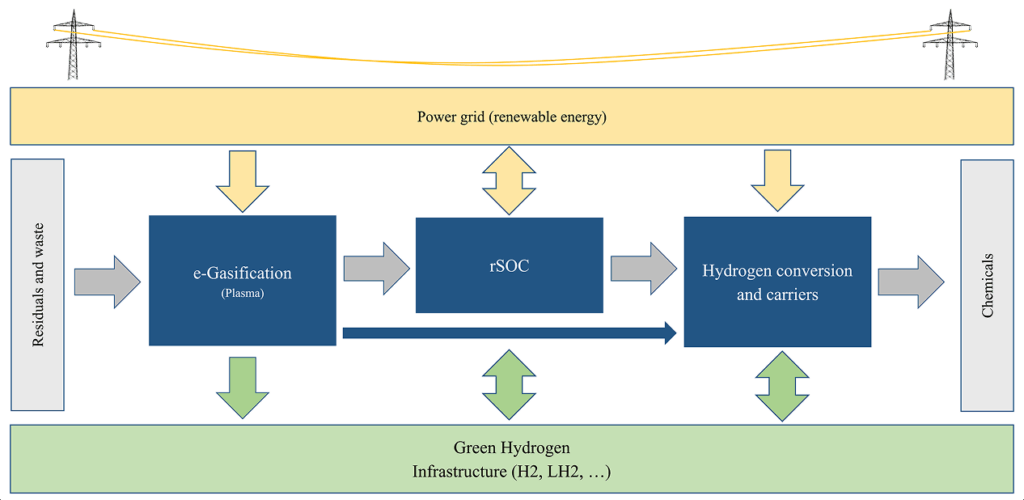Project
REDEFINE H2E is the short form of „Renewable Electricity Dispatch and Expendable Feedstock-Integrated Net-Zero-Emission Hydrogen Economy“.
We are a pioneering green hydrogen research hub bringing together interdisciplinary experts from 13 countries, and 3 different technologies, as well as the public that aims to break through technology barriers for the transition into a carbon neutral future.
THE TECHNOLOGIES
The Project focuses on research into novel technologies and associated systemic aspects for the production of green hydrogen using reversible high-temperature electrolysis (rSOC) and innovative gasification (e-Gas), up to the bio-catalytic synthesis of basic chemicals and energy carriers (bio-Cat). Framed by elaborate system-level aspects inverstigation (SLAM).


Since the combination of these 3 REDEFINE technologies has not yet been studied in detail, highly motivated scientists from international renowed organizations will jointly conduct research on the future of green hydrogen at our chair of Energy Systems at TU Munich in order to establish the scientific and techlological foundation of a future circular hydrogen economy.

Our Research Focus:
- Electricity from hydrogen and biogenic waste materials (e-Gas + rSOC + Biocat)
- Green hydrogen from biogenic waste materials (e-Gas) and from renewable electricity (rSOC)
- Base chemicals and energy carriers based on hydrogen and biogenic CO2 (e-Gas + rSOC + Biocat)
e-Gas
Electrically-assisted gasification : Providing green hydrogen from biogenic waste materials
Biocat
Biocatalytic production and conversion of hydrogen : Biocatalytic synthesis
rSOC
Reversible solid oxide cells : Producing large amounts of pure hydrogen from excess renewable electricity

THE VALUE
The REDEFINE H2E concept enables the provision of green hydrogen from biogenic waste materials, as well as the generation of large quantities of pure hydrogen from excess renewable electricity. Moreover, REDEFINE H2E allows the generation of electricity from hydrogen and biogenic residues whilst renewable electricity is scarce. On top, the synthesis of basic chemicals and energy carriers based on green hydrogen and biogenic CO2 can be carried out independently of the power supply.
